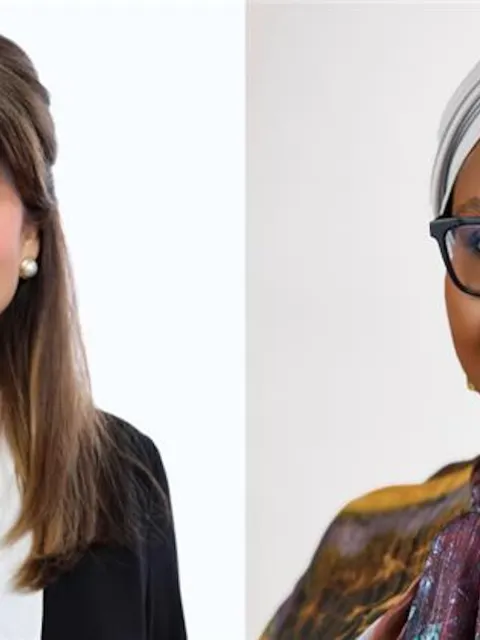Getting through COVID-19: innovating and collaborating like never before

When a story as big as COVID-19 dominates the front pages, it is a sad reality that another, slower-moving, catastrophe can be lurking behind the headlines. It is the catastrophe of those cancer patients who aren’t being treated. Cancer patients who are too vulnerable to visit a hospital or because the oncologists were drafted into ICU, or those people who should have been diagnosed but weren’t.
In Switzerland, where I am based, the lockdown is starting to feel like a thing of the past. Our daily new cases are low and our death toll has been relatively modest. But I know we are lucky, and all over the world, the stealthier cancer crisis will last for years even after we have a COVID-19 vaccine and things get back to normal. Talking to my colleagues across the company, I constantly hear the degree to which cancer services have been seriously impacted. And I see this reflected in the WHO assessment in May that showed 42% of cancer services have been disrupted across 155 countries[1]. The cancer community knows more than anyone what these statistics mean for patients.
This is what keeps me awake at night. Thinking about how we can catch up and even get ahead. How on earth are we ever going to reach SDG3.4 and reduce premature deaths from Non-Communicable Diseases by 2030? How do we best come together and use what we’ve learned in this pandemic to accelerate ideas and technologies?
We have seen some truly innovative solutions over the past few months. I know ‘innovative solution’ is an overused term if ever there was one – but look at Mercedes Formula One coming together with University College Hospital London to make breathing machines. Or 3D printing coming into its own in production of personal protection equipment. Or Hackathons bringing together experts to address issues, and the speed at which partnerships have come together and mobilised action. Companies like ours are developing diagnostics and running clinical trials at a rate never believed possible.
I am also excited about the scale-up of telemedicine and other digital technologies and what this can mean if we make it standard medical practice. If we manage to create enough data, it would make an enormous difference to patients – the right treatment first time - and save enormous waste. Our transition into the virtual world hasn’t always been easy, but it is remarkable just how much we have been able to achieve.
For now, though, I know we still need to get through this pandemic. Whilst we may have limited influence on the allocation of healthcare resources in an emergency, we can use technology to keep in touch with patients. We can share what we have learnt – what went well and what didn’t – and closely monitor treatment, create data on where the gaps are most serious, and use it to find ways to at least keep critical, immediate care needs going. And work with governments to plan for increased screening and diagnostic capability as soon as the emergency eases. As a company, we are willing and ready to help.
My sign off message to the cancer community is to applaud the enormous amount you are doing for cancer patients in such difficult circumstances. We thank you for everything you are doing.
[1] World Health Organization, COVID-19 and NCDs, 2020
Last update
Monday 02 November 2020Share this page


